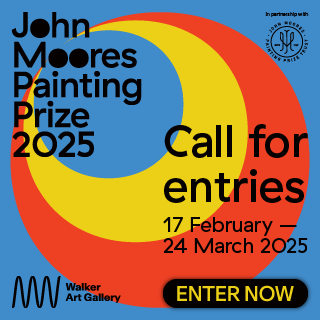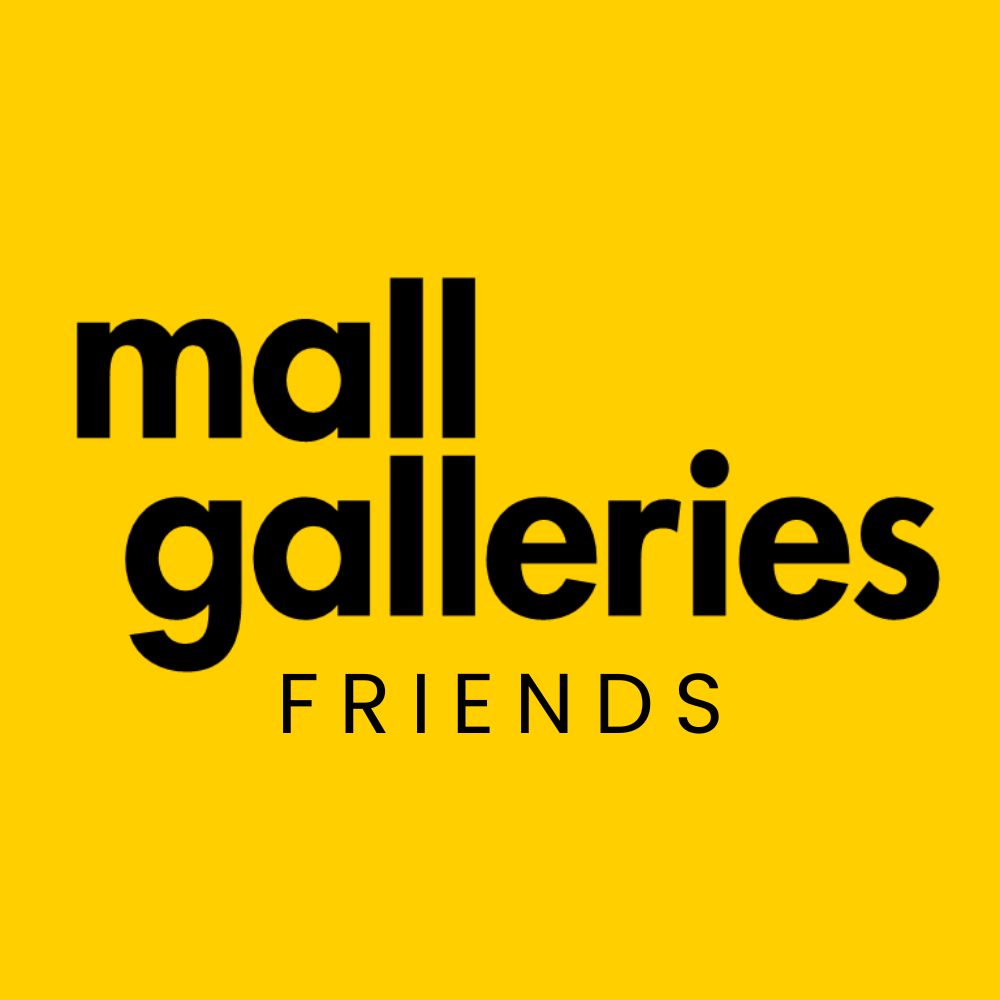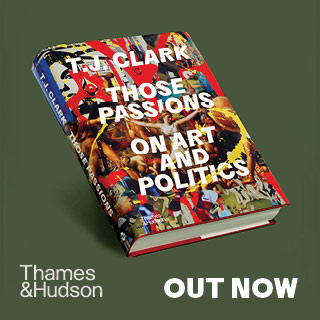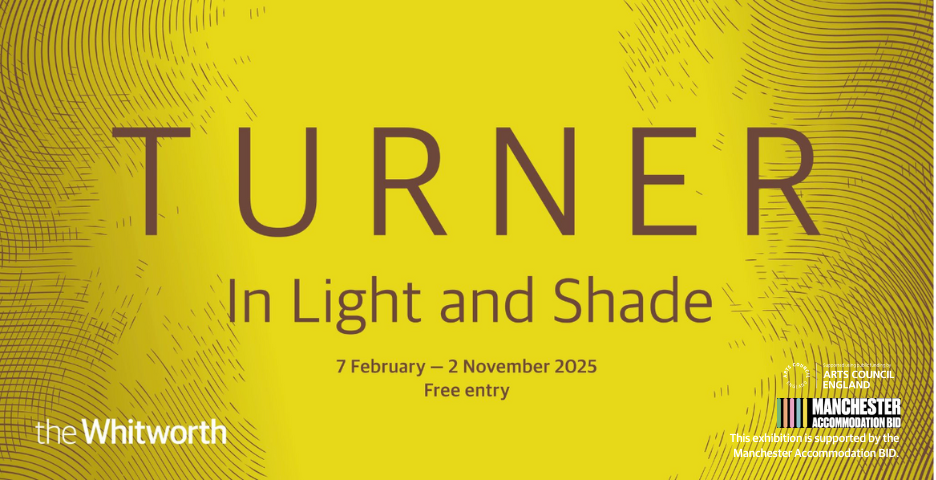Art Monthly 396
May 2016
Mona Hatoum
Interviewed by Virginia Whiles
On the Record
Mark Prince
Mathew Parkin
Profile by Lauren Velvick
Essay Film Festival
Alex Fletcher
Buy Now – select:
Want to read this right now?
Get instant access to the entire back catalogue via Exact Editions from only £8.99!
Contents
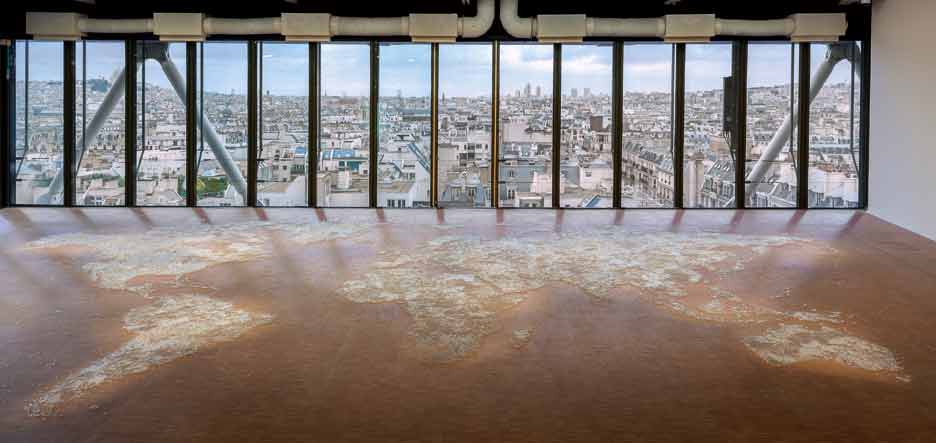
Mona Hatoum Map (clear) 2015 installed at Pompidou Centre
Interview
Unstable Ground
Mona Hatoum interviewed by Virginia Whiles
The Beirut-born London-based artist talks about the equal but different challenges of making work on site or with carte blanche.
The performances that I created in the 1980s were often fuelled by anger. There was a sense of urgency and they often took on the character of a protest or a vigil.
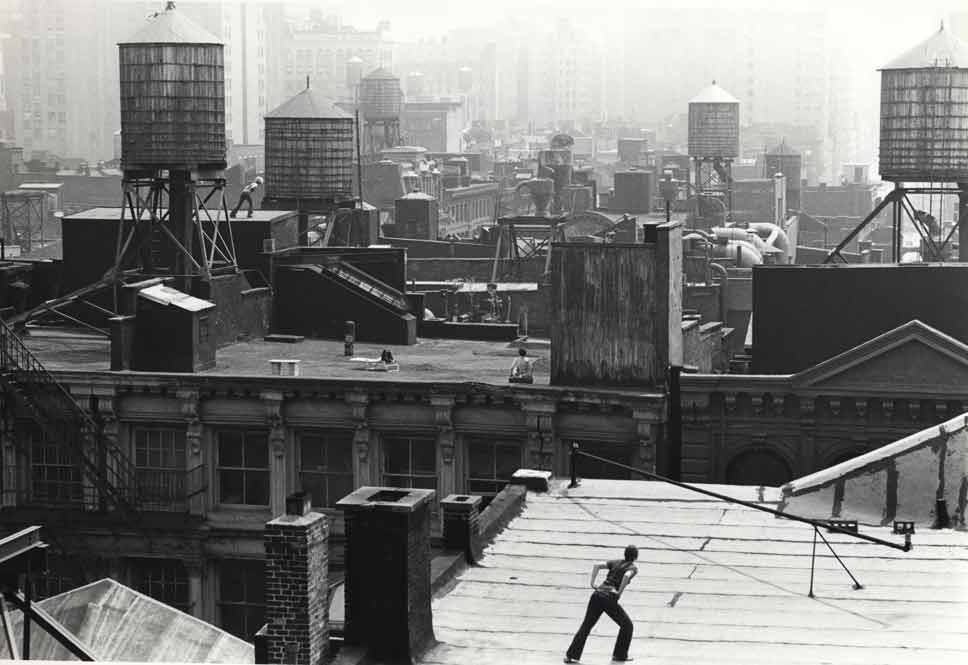
Trisha Brown Roof Piece 1973 photograph by Babette Mangolte
Feature
On the Record
Mark Prince questions the idea of photography as the ultimate recording medium
If the work of John Hilliard, Lawrence Weiner, Dan Graham and others questions the privileging of the photograph as a historical record, does it instead offer the potential for the record to replace its referent?
The limitation of this prevalence given to the photographic model is that it tends to over-egg the retrospective aspect of the equation and correspondingly neglect the ability of the record of a performance to create as much as recall its referent, and ultimately to replace it.
From the Back Catalogue
Cover Stories John Hilliard interviewed by Patricia Bickers
Comment
Editorial
Yes, Yes Minister
When a media executive describes the culture secretary, John Whittingdale, as being untouchable because he is an 'asset' for the Daily Mail, isn't it a clue that the MP is compromised?
It is entirely possible that John Whittingdale was acting from principle and not under pressure, but the point is that it is impossible to know, which is why he should go.
Letters
Institutional Racism
Jack Bon, Jesse Darling, Lizzie Homersham, Paul Purgas and Takeshi Shiomitsu question the use of an image of Stephen Lawrence in the 'Let It Rain' exhibition curated by Millington/Marriott at Assembly Point in south London.
Artnotes
Bold? New? Vision?
The government launches its Culture White Paper; the New Local Government Network publishes a report on the future of arts funding; the Panama Papers reveal the shell companies behind high-value art sales; the Netherlands' Vincent Award is cancelled after artists withdraw in protest; Gulf Labor Coalition responds to the Guggenheim's withdrawal from conciliatory talks; the latest news on galleries, appointments, prizes and more.
Obituaries
Tony Conrad 1940-2016
Janet Hodgson 1960-2016
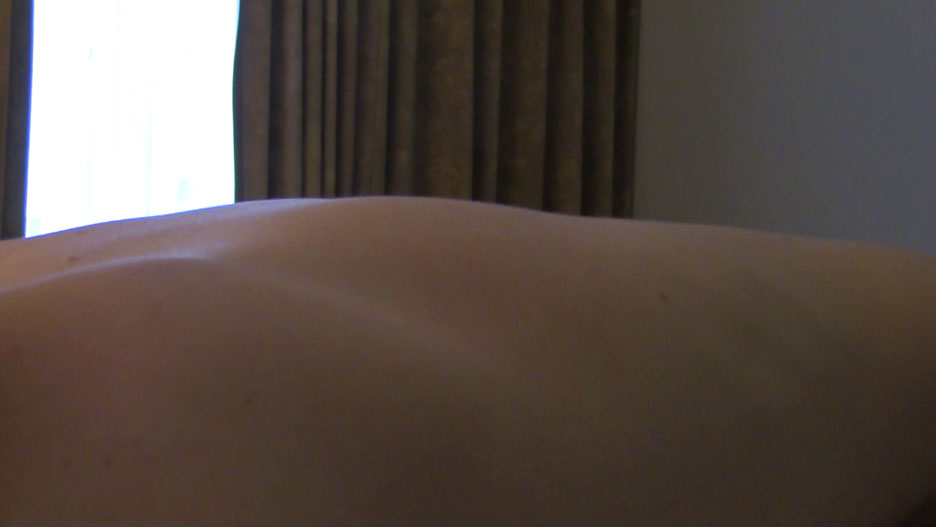
Mathew Parkin I Believe in You 2016 video
Profile
Mathew Parkin
Lauren Velvick on how the British artist, who has used labels to attack labelling and the work of others to address issues of identity, has moved on to question the persona of the artist.
Mathew Parkin's retreat from the production and display of objects also reflects his uneasy relationship with the studio and the traditionally authoritative persona of the artist within that space.
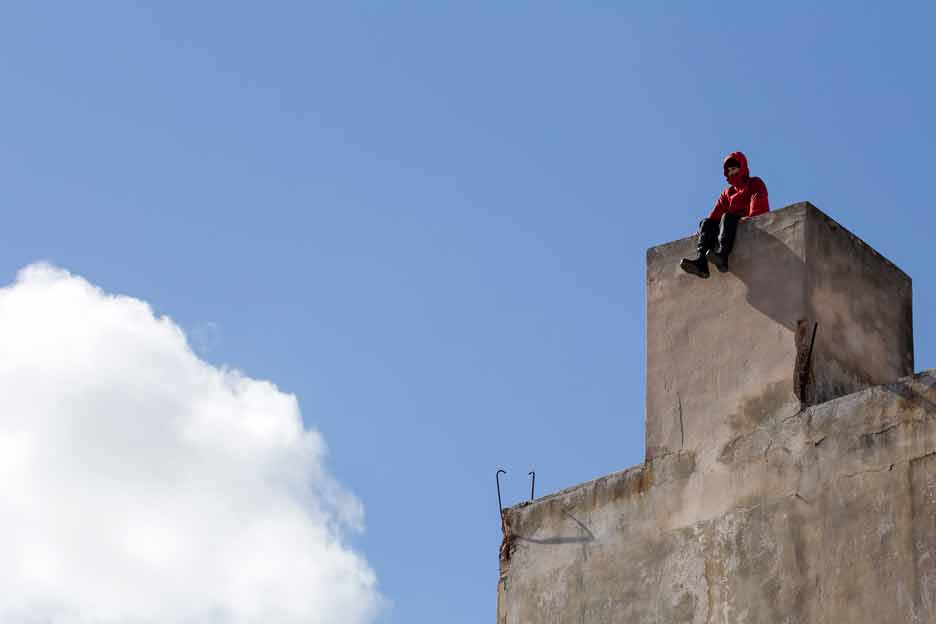
Thanassis Akokkalidis Don't Look Down 2016 performance
NEON & Marina Abramovic Institute: As One, Benaki Museum
Exhibitions
A Lesson in Sculpture with John Latham
Henry Moore Institute, Leeds
Neil Zakiewicz
NEON & Marina Abramovic Institute
Benaki Museum, Athens
Cherry Smyth
Channa Horwitz
Raven Row, London
Martin Herbert
Ryoichi Kurokawa: unfold
Fact, Liverpool
Tom Emery
Franciszka & Stefan Themerson: Books, Camera, Ubu
Camden Arts Centre, London
David Briers
Fourteen Turns: Meditations on a Coffee Mill
Lubomirov/Angus-Hughes, London
Michael Hampton
Fruits of the Lûm
Crown Building Studios, Liverpool
Double Act: Art and Comedy
The Bluecoat, Liverpool
Laura Robertson
A Weed is a Plant out of Place
Lismore Castle Arts, Waterford
Chris Clarke
Glasgow International Festival
various venues
Martin Holman
London Round-up
Frith Street • Alan Cristea • South London Gallery
Martin Holman
London Round-up
Vilma Gold • Project Native Informant • Gasworks
Larne Abse Gogarty
London Round-up
Hannah Barry • Bosse & Baum • Arcadia Missa • The Sunday Painter
Paul Carey-Kent
Berlin Round-up
Martin-Gropius-Bau • Haus der Kulturen der Welt • KW Institute
Olga Smith
Reviews
Books
Kate Eichhorn: Adjusted Margin – Xerography, Art and Activism
David Briers on the photocopy's effect on early alternative art presses.
Whether you go all the way with Kate Eichhorn's central argument that xerography 'came to play a major role ... in the dissemination of late 20th century aesthetic and political movements' and that its consequent 'impact on art and literature cannot be underestimated' remains debatable.
John Roberts: Revolutionary Time and the Avant-Garde
Peter Suchin tackles a critical theory blockbuster.
Roberts takes us through Hegel's account of the end of art, Adorno's aesthetic theory and negative dialectics, Alain Badiou's critique of Hegel, Donald Kuspit's unconvincing conservatism, ideas of avant-gardism in Peter Bürger and Hal Foster, deskilling in art after Marcel Duchamp's readymades, and a lot more besides.
Reports
Film
Essay Film Festival
Alex Fletcher on films that reveal the forces shaping individual lives.
Nouvelle Vague filmmakers, in lovingly consuming cinema, were compelled to become critics and auteurs.
Artlaw
Copyright
Fair Use
Henry Lydiate applauds a bold move by a major artist's estate.
In recent years throughout the artistic world fair use has become the elephant in the room, which the Robert Rauschenberg Foundation's new policy addresses head on.
Listings
Events
London Art Calendar
The updated events and exhibitions calendar can also be viewed online.
Exhibitions
Exhibition Listings
Art Monthly's exhibition listings can be viewed online.


